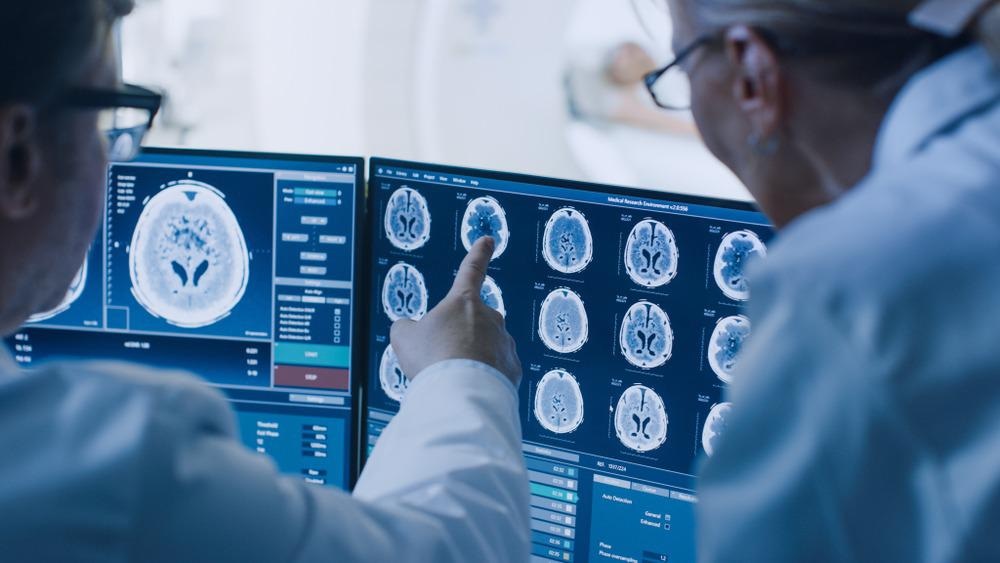Artificial Intelligence (AI) has been revolutionizing various industries, and healthcare is no exception. AI-powered medical diagnosis is transforming the way healthcare providers deliver services and improving patient outcomes. With the ability to analyze vast amounts of data quickly and accurately, AI in Medical Diagnosis is empowering healthcare professionals to make more informed decisions and provide better care to patients.
The Role of AI in Medical Diagnosis
AI is being increasingly utilized in medical diagnosis to assist healthcare providers in detecting diseases, predicting patient outcomes, and recommending treatment plans. By leveraging machine learning algorithms and deep learning techniques, AI systems can analyze medical images, lab results, and patient records to identify patterns and trends that may not be apparent to human clinicians.
Benefits of AI Medical Diagnosis
- Improved Accuracy: AI systems can make accurate diagnoses based on extensive data analysis, reducing the risk of human error.
- Early Detection: AI can help in the early detection of diseases, allowing for timely intervention and improved patient outcomes.
- Personalized Treatment: By analyzing individual patient data, AI can recommend personalized treatment plans tailored to specific patient needs.
- Efficient Healthcare Delivery: AI can streamline the diagnostic process, leading to faster results and more efficient healthcare delivery.
Challenges and Limitations
- Data Quality: The accuracy of AI medical diagnosis relies heavily on the quality and quantity of data available for analysis.
- Interpretability: Some AI algorithms operate as "black boxes," making it challenging for healthcare providers to understand the reasoning behind the diagnoses.
- Regulatory Hurdles: Healthcare regulations and privacy concerns pose challenges to the widespread adoption of AI in medical diagnosis.
- Integration with Existing Systems: Integrating AI systems with existing healthcare infrastructure can be complex and costly.
Applications of AI Medical Diagnosis
Imaging Analysis
AI is revolutionizing medical imaging analysis by helping healthcare providers interpret X-rays, MRIs, CT scans, and other diagnostic images more accurately and efficiently. AI algorithms can detect abnormalities, tumors, and other indicators of disease with a high level of precision.
Laboratory Testing
AI is also being used to analyze laboratory test results, such as blood tests and genetic screenings. By analyzing complex data sets, AI can identify patterns and biomarkers that may indicate the presence of specific diseases or conditions.
Remote Monitoring
AI-powered remote monitoring systems allow healthcare providers to track patients' vital signs and symptoms in real-time. This technology enables early detection of health issues and helps in the management of chronic conditions.
Future Prospects and Trends
Integration of AI with Telemedicine
AI is expected to play a significant role in the integration of telemedicine services, allowing for remote consultations and medical diagnosis. Patients can receive timely medical advice and treatment recommendations without the need for in-person visits.
Enhanced Precision Medicine
AI will further contribute to the advancement of precision medicine by analyzing individual genetic, clinical, and lifestyle factors to tailor treatment plans to each patient's unique characteristics. This personalized approach to healthcare can lead to improved patient outcomes and reduced healthcare costs.
Ethical and Regulatory Considerations
As AI continues to be integrated into healthcare systems, ethical considerations surrounding patient privacy, data security, and algorithm transparency will become increasingly important. Regulatory bodies will need to establish guidelines to ensure the responsible and ethical use of AI in medical diagnosis.
Conclusion
AI medical diagnosis is transforming healthcare by enabling more accurate, efficient, and personalized patient care. While there are challenges and limitations to overcome, the potential benefits of AI in medical diagnosis are vast. By leveraging the power of AI technology, healthcare providers can improve diagnostic accuracy, early disease detection, and patient outcomes, ultimately empowering the healthcare industry to deliver better care to patients.
